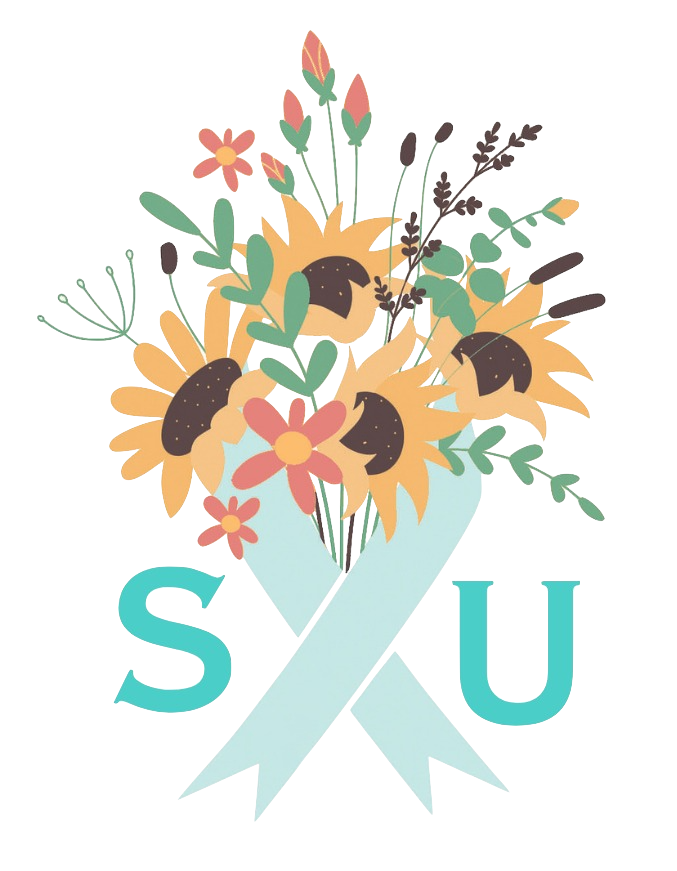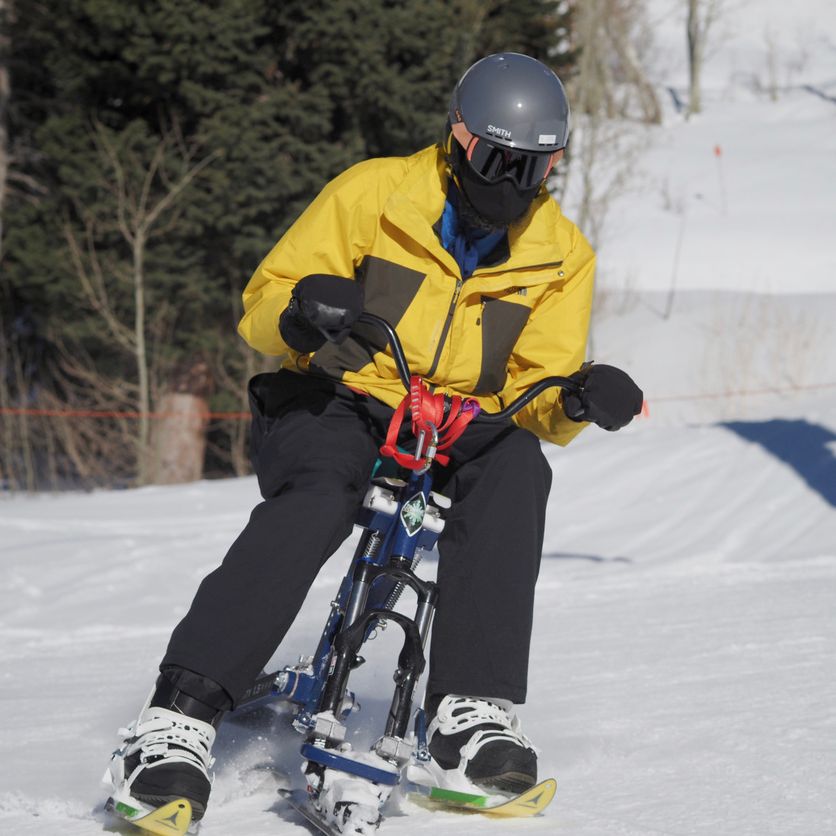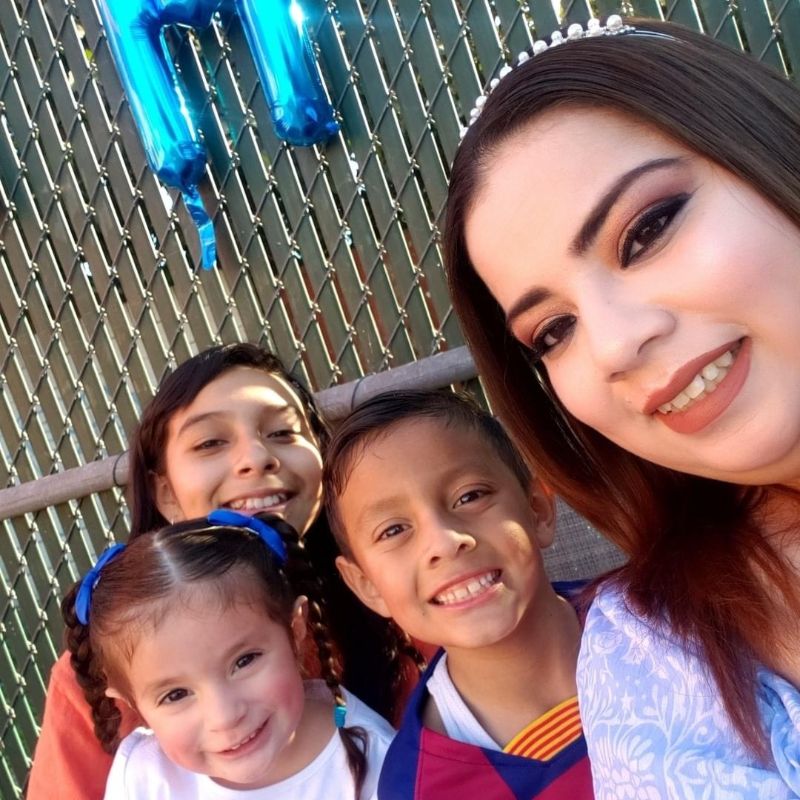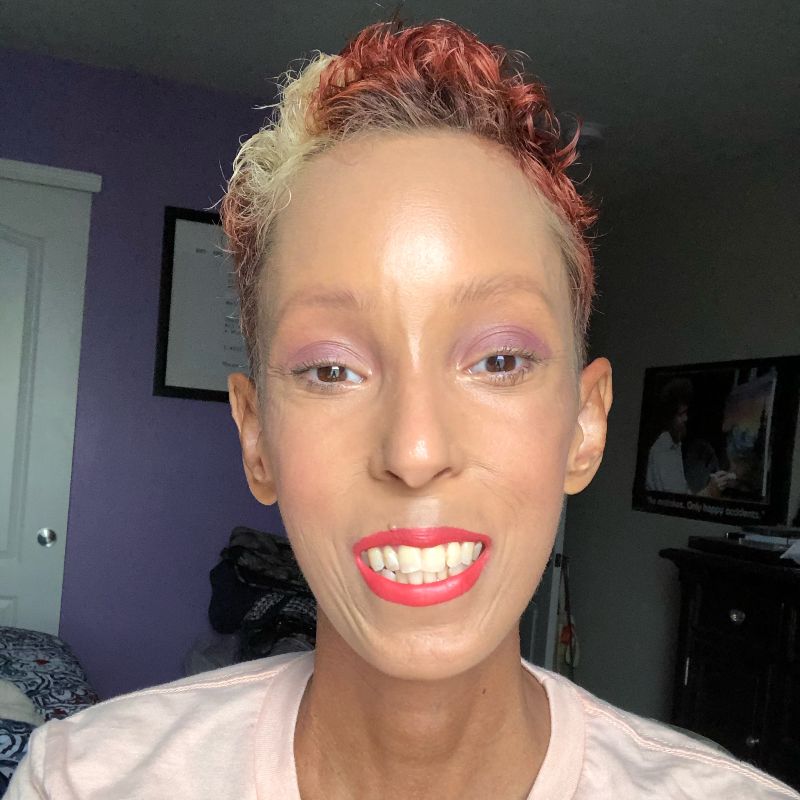Cincinnati, Ohio (United States)
PARIS HILL
Scleroderma Stories Issue 3

Please introduce yourself
My name is Paris Hill, and I live in Cincinnati, Ohio. My family and photography mean the world to me.
What are your hobbies, and has scleroderma impacted them?
My hobbies include photography, reading, and learning new things. I had to make many adjustments due to scleroderma with my photography. I like to be both in front of and behind the camera.
In front of the camera as a model, sometimes the poses are harder to do or cannot be done because of my joints. Behind the camera, some frames I want require a higher angle, and since I cannot raise my hands above my head, it is difficult at times. I either have my sister Kenya, who is also my business partner, help me or I use a camera stick.
Why do you enjoy photography?
Early on, I was very self conscious of my scleroderma. My changing face and loss of pigmentation on my body… I disliked it. I basically tried anything I could do, including covering it up with makeup.
Modeling allows me to embrace what scleroderma has brought me. And honestly, it was a blessing in disguise. I found a new confidence, and I wanted to really share that and bring that out to others. That led me to eventually start going behind the camera.

When were you diagnosed with scleroderma?
I was diagnosed in 2012, when I was a junior in college. One day, I was doing homework and noticed my fingers were blue. I did not recall hitting them, but I knew that something was not right, so I went to the ER.
The ER doctor ran my fingers under warm water until they came back to their normal color. He explained that I have Raynaud’s, and it could be either primary or secondary. I was told to follow up with my primary care doctor. My primary care doctor luckily has scleroderma patients and instantly ran a test on me. I was lucky to be diagnosed fairly quickly.
Some of the symptoms that I have are limited joint range of motion in my shoulders, mild pulmonary hypertension, and gastroesophageal reflux disease (GERD).
Has scleroderma affected your ability to attend school or work?
Honestly, it did not affect my schooling because I was able to graduate on time. And I even went back for my paralegal certificate and explored law school as well.
It has not affected my work lately because I work office jobs. I just have to make sure that I keep my heater next to me. In college, I had jobs that required me to stand on my feet all day, and that gave my knee joints some problems.

What lifestyle or mindset changes have you made as a result of your scleroderma?
I really had to stop being so hard on myself. I had to let go of the person I was and embrace who I am now. It is not easy at all. Some days are better than others. Along this journey, I have developed health anxiety, and that’s another thing I have to deal with as well.
As someone with scleroderma, have you had to make any special adjustments due to coronavirus?
I really really had to cut down my social circle. I have not dined out anywhere. I try not to let what is going on dictate my life, but I am definitely wearing my mask and maintaining my distance.
What medications have you taken
I have taken methotrexate in the past. I was off that for a few years, and I have a new rheumatologist who wants me on a maintenance dose of a medication just to prevent any flare ups. I tried penicillamine and now give imuran a try. I haven’t done any treatments other than medications.
Have you met anyone else with scleroderma?
Yes, I have met a few. A lot I have met on social media. In Ohio, we have the scleroderma walks, and I go every year!! I think meeting others with scleroderma has helped a lot too. I always have someone that I can talk to that understands what I am going through.

Do you have any goals or dreams for the future?
My dream is to be an attorney. I am leaning towards medical malpractice. My goal is to keep growing as a person. Scleroderma was definitely not in the plans, but I have it, and it is now a passenger in my life.
What mindset changes have you made since your diagnosis?
I’ve found that being faced with mortality so early in life puts a lot of things in perspective. You truly realize that your time here is precious and should not be wasted on people or things that generate toxicity. After my diagnosis I’ve focused more on doing things which bring me joy instead of putting them off for another time. I learned to live in the moment and find satisfaction in quality over quantity.
Most importantly, I realized I had to stop expecting my life to be a certain way and instead accept it for what it was. That acceptance helped me find pleasure in what I could attain even while critically ill.
Do you have any goals or dreams for the future?
I would say my goal for the future would be to achieve consistent enough stability to give back to the chronic illness community. I would very much like to use my experience with scleroderma and general patient advocacy to help others going through critical medical situations, whether it be a career or a more expansive volunteer position.
Be sure to follow us on Instagram and Facebook (@sclerounited) to see more scleroderma warriors’ journeys in our weekly Sclero Sunday series.
Are you a scleroderma warrior? We’d love to interview you for Scleroderma Stories! Please visit tinyurl.com/share-my-sclero-story or email us at contact@sclerounited.us



